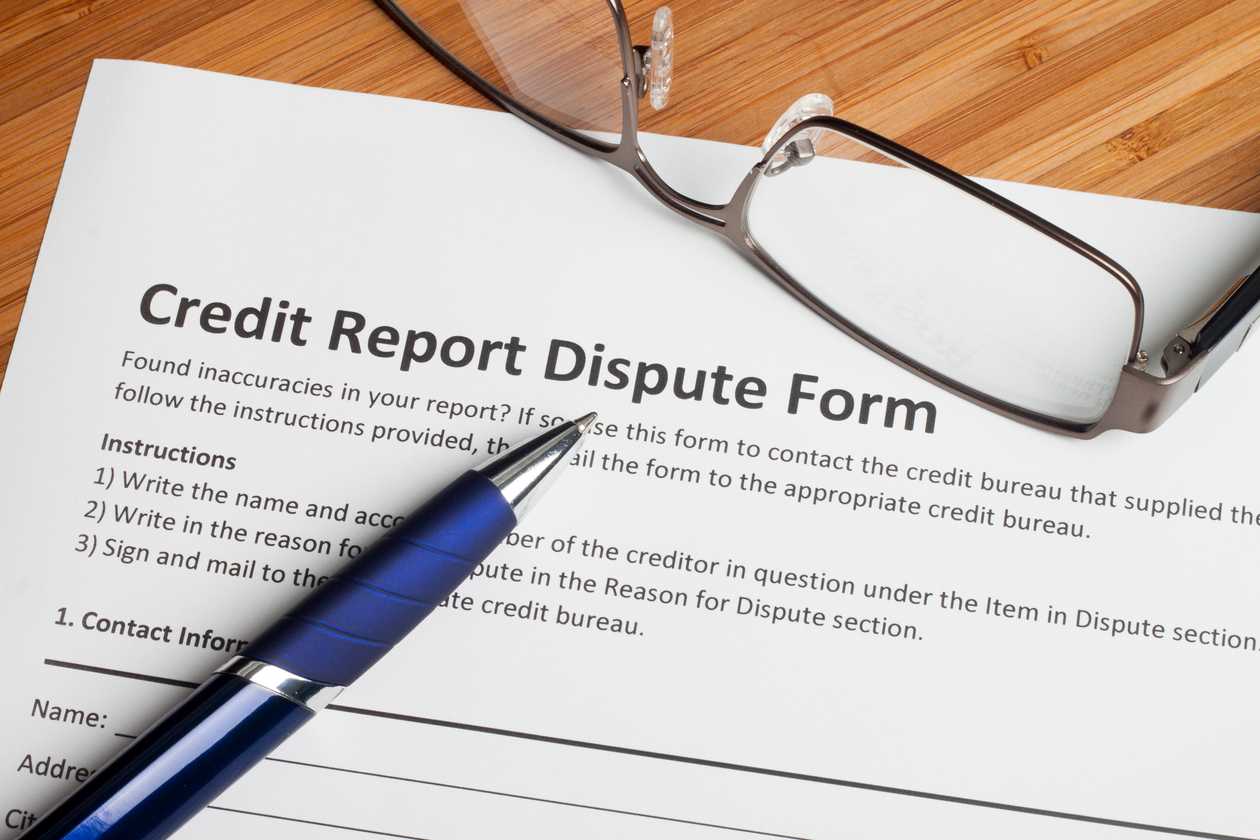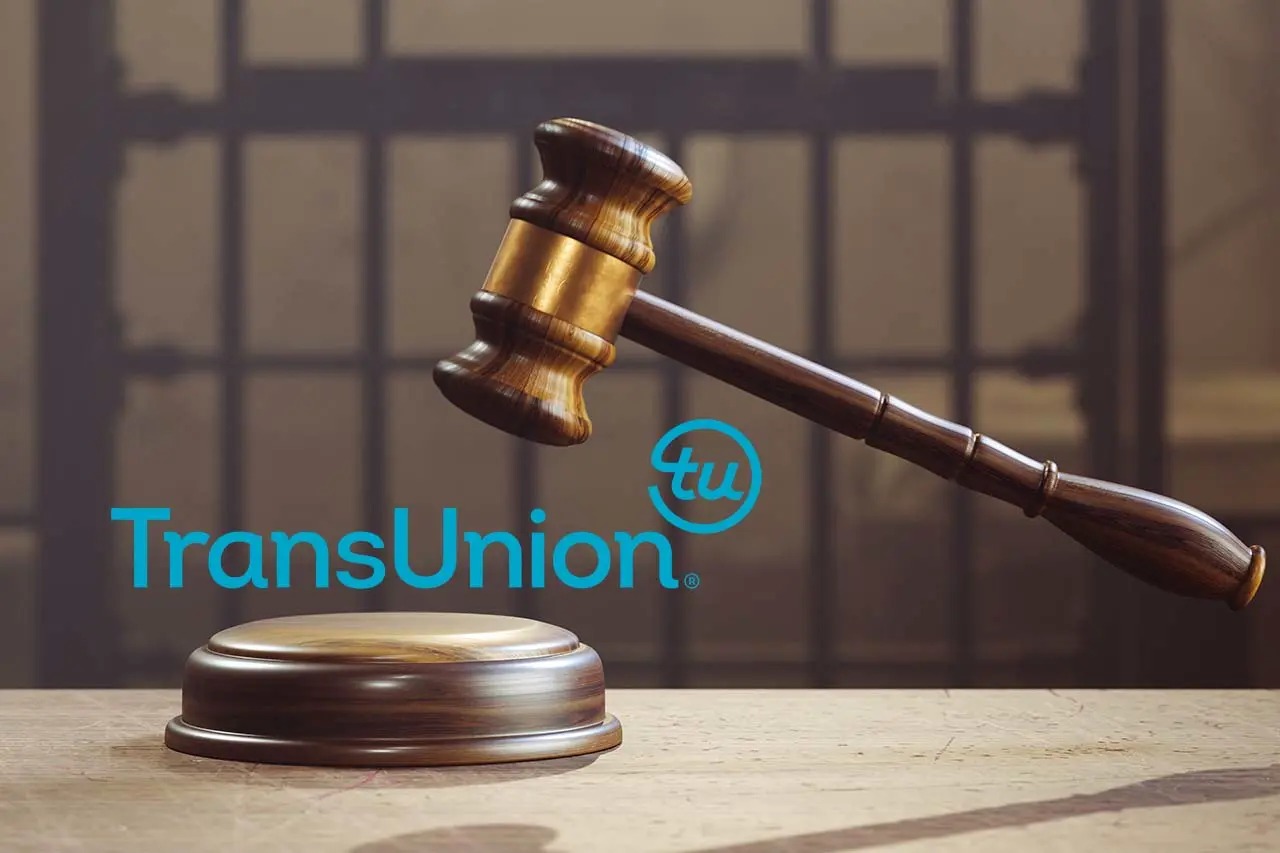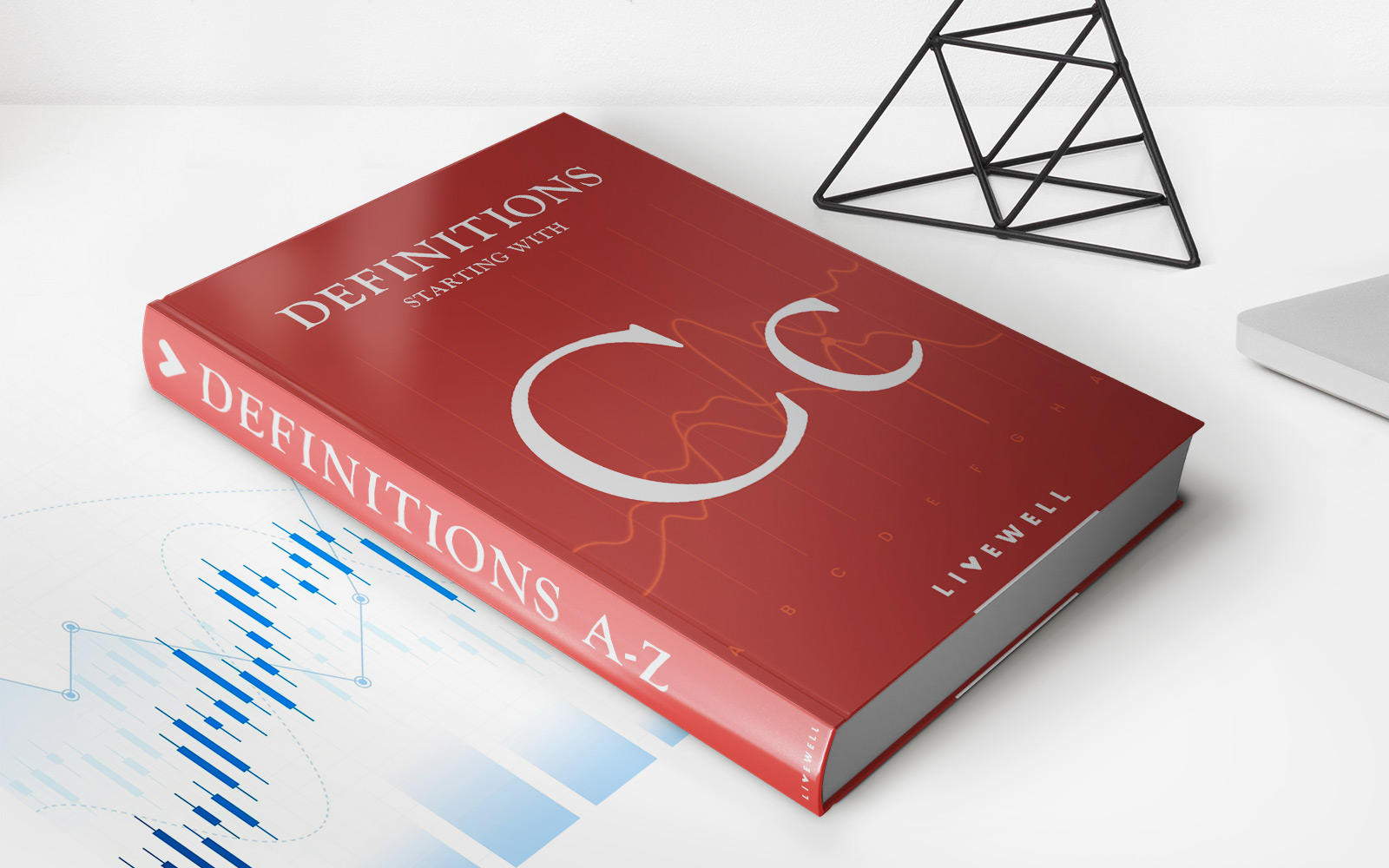

Finance
How Can You Dispute A Credit Inquiry On Credit
Published: March 4, 2024
Learn how to dispute a credit inquiry on your credit report and improve your financial health. Take control of your finances with our expert tips.
(Many of the links in this article redirect to a specific reviewed product. Your purchase of these products through affiliate links helps to generate commission for LiveWell, at no extra cost. Learn more)
Table of Contents
**
Introduction
**
Credit inquiries play a significant role in determining an individual's creditworthiness. When a lender or creditor checks your credit report as part of the decision-making process for a credit application, a credit inquiry is generated. While some credit inquiries are initiated by the individual seeking credit, others are conducted by lenders or creditors as part of the pre-approval process. It's important to understand the impact of credit inquiries on your credit score and overall financial profile.
In this comprehensive guide, we will delve into the intricacies of credit inquiries, including their significance, reasons for disputing them, and the steps to effectively dispute a credit inquiry. By gaining a deeper understanding of this process, individuals can take proactive measures to protect their credit standing and ensure the accuracy of their credit reports.
Throughout this article, we will provide valuable insights and practical tips to empower individuals with the knowledge needed to navigate the credit dispute process confidently. Whether you're facing an inaccurate credit inquiry or seeking to rectify an unauthorized inquiry, this guide will equip you with the essential information to address such situations effectively.
Understanding the nuances of credit inquiries and the dispute process is crucial for maintaining a healthy credit profile and securing favorable terms on future credit endeavors. By demystifying the complexities surrounding credit inquiries and disputes, we aim to empower individuals to advocate for their financial well-being and make informed decisions regarding their credit reports. Let's embark on this enlightening journey to unravel the intricacies of disputing credit inquiries and safeguarding your financial reputation.
**
Understanding Credit Inquiries
**
Credit inquiries, also known as credit pulls or credit checks, are requests made by individuals or organizations to view a person’s credit report. These inquiries provide insight into an individual’s credit history and are categorized as either hard inquiries or soft inquiries.
Hard Inquiries:
When a financial institution, such as a lender or credit card issuer, checks your credit report as part of a credit application process, a hard inquiry is generated. Hard inquiries are typically associated with a specific credit application and may have a temporary impact on your credit score.
Soft Inquiries:
Soft inquiries occur when an individual or organization checks your credit report for non-credit-related purposes, such as pre-qualified offers, background checks, or credit monitoring. Unlike hard inquiries, soft inquiries do not impact your credit score and are not visible to potential creditors.
It’s important to note that credit scoring models differentiate between multiple hard inquiries for the same type of credit within a short time frame, as they understand that consumers may be rate shopping for the best terms. Therefore, these inquiries are typically treated as a single inquiry and have a minimal impact on credit scores.
Understanding the distinction between hard and soft inquiries is crucial for individuals seeking to manage their credit profiles effectively. By comprehending the nature and implications of these inquiries, individuals can make informed decisions regarding credit applications and financial activities.
Moreover, being aware of the types of inquiries on your credit report empowers you to identify any unauthorized or inaccurate inquiries that may warrant further investigation and potential dispute. As we delve deeper into the process of disputing credit inquiries, this foundational knowledge will serve as a valuable asset in navigating the intricacies of credit reporting and maintaining a healthy credit standing.
Reasons for Disputing a Credit Inquiry
There are several compelling reasons why individuals may consider disputing a credit inquiry on their credit report. Understanding these reasons is pivotal in safeguarding one’s financial reputation and ensuring the accuracy of their credit history. Here are some common scenarios that may warrant disputing a credit inquiry:
1. Unauthorized Inquiries:
Individuals may discover unauthorized inquiries on their credit reports, indicating that a third party has accessed their credit information without consent. Such unauthorized inquiries can be a red flag for potential identity theft or fraudulent activity, prompting individuals to dispute these inquiries to prevent any adverse impact on their credit standing.
2. Inaccurate Information:
If a credit inquiry is inaccurately attributed to you or contains erroneous details, disputing the inquiry is crucial to rectify the misinformation and ensure the integrity of your credit report. Inaccurate information can stem from administrative errors, data entry mistakes, or confusion with individuals sharing similar personal details.
3. Impact on Credit Score:
Excessive hard inquiries within a short period can negatively impact your credit score and may raise concerns for potential lenders. If you believe that certain inquiries were made without your knowledge or consent, disputing them can mitigate the adverse effects on your credit score and overall creditworthiness.
4. Identity Theft Concerns:
Discovering unfamiliar credit inquiries may signal potential identity theft, prompting individuals to take immediate action to dispute these inquiries and prevent further unauthorized access to their credit information. Proactively addressing such concerns is essential in safeguarding one’s financial identity and minimizing the risk of fraudulent activities.
By recognizing these reasons for disputing credit inquiries, individuals can proactively monitor their credit reports and take prompt action to address any discrepancies or unauthorized access. The dispute process serves as a vital mechanism for rectifying inaccuracies, protecting against identity theft, and preserving the integrity of one’s credit history. As we proceed to explore the steps involved in disputing a credit inquiry, it is crucial to remain vigilant and proactive in addressing any concerns related to credit inquiries on your report.
Steps to Dispute a Credit Inquiry
Disputing a credit inquiry involves a systematic process aimed at rectifying inaccuracies and addressing unauthorized inquiries on your credit report. By following these essential steps, individuals can navigate the dispute process effectively and advocate for the accuracy of their credit history:
1. Review Your Credit Report:
Start by obtaining a copy of your credit report from one of the major credit bureaus, such as Equifax, Experian, or TransUnion. Carefully review the report to identify any unauthorized or inaccurate inquiries that warrant dispute. Ensure that you have a clear understanding of the inquiries listed and their potential impact on your credit standing.
2. Gather Supporting Documentation:
Collect any supporting documentation that substantiates your claim regarding unauthorized or inaccurate inquiries. This may include correspondence with the creditor, evidence of identity theft, or any relevant information that strengthens your case for disputing the inquiries. Having comprehensive documentation enhances the credibility of your dispute.
3. Initiate the Dispute Process:
File a formal dispute with the credit bureau that issued the credit report containing the disputed inquiries. Most credit bureaus provide online platforms for initiating disputes, allowing you to submit your claim electronically. Alternatively, you can opt to file a dispute via mail, enclosing the necessary documentation to support your case.
4. Communicate with Creditors:
Simultaneously, consider reaching out to the creditors associated with the disputed inquiries to address the issue directly. Communicate your concerns regarding unauthorized or inaccurate inquiries and request that they rectify the situation with the credit bureaus. Establishing direct communication with the creditors can expedite the resolution process.
5. Monitor the Dispute Progress:
Stay proactive in monitoring the progress of your dispute. Credit bureaus are required to investigate the disputed inquiries within a specific timeframe and provide a resolution. Regularly check for updates on the status of your dispute and be prepared to provide additional information or documentation if requested.
6. Document All Correspondence:
Keep meticulous records of all correspondence, including dispute submissions, responses from credit bureaus and creditors, and any additional documentation exchanged during the dispute process. These records serve as a valuable reference and may be necessary for further action, if required.
By diligently following these steps, individuals can effectively dispute credit inquiries and work towards resolving any discrepancies or unauthorized access on their credit reports. The proactive approach to disputing inquiries demonstrates a commitment to maintaining the accuracy and integrity of one’s credit history, ultimately contributing to a healthier financial profile.
Sample Dispute Letter
When disputing a credit inquiry, crafting a well-structured and articulate dispute letter is instrumental in presenting your case effectively. Below is a sample dispute letter template that can be customized to address unauthorized or inaccurate credit inquiries:
**[Your Name]
[Your Address]
[City, State, Zip Code]
[Date]
[Credit Bureau Name]
[Bureau Address]
[City, State, Zip Code]
Subject: Credit Inquiry Dispute
Dear Sir/Madam,
I am writing to formally dispute the following credit inquiries listed on my credit report:
– [List of unauthorized or inaccurate credit inquiries, including the name of the creditor and the date of the inquiry]
I have carefully reviewed my credit report and identified these inquiries as unauthorized and/or inaccurate. The presence of these inquiries has raised concerns regarding potential unauthorized access to my credit information and has the potential to impact my credit standing adversely.
[Optional: Provide a brief explanation of any circumstances surrounding the unauthorized inquiries, such as potential identity theft concerns or factual inaccuracies.]
Enclosed with this letter are supporting documents that substantiate my claim and provide additional context regarding the disputed inquiries. I kindly request a thorough investigation into these matters and the prompt removal of the unauthorized or inaccurate inquiries from my credit report.
I also urge you to communicate with the respective creditors associated with the disputed inquiries to rectify the situation and ensure the accuracy of my credit report. I have taken the initiative to address this matter directly with the creditors, and I trust that your collaboration will expedite the resolution process.
As a responsible consumer, I am committed to upholding the integrity of my credit history and ensuring that any discrepancies or unauthorized access are promptly addressed. I appreciate your attention to this matter and look forward to a swift and satisfactory resolution.
Thank you for your prompt action in investigating and resolving this dispute. I can be reached at [Your Phone Number] or [Your Email Address] should you require any further information or documentation.
Sincerely,
[Your Signature (if sending by mail)]
[Your Printed Name]
Customize the template by inserting your personal details, addressing specific inquiries, and providing relevant supporting documentation. By articulating your concerns clearly and providing compelling evidence, you can strengthen your dispute and increase the likelihood of a favorable resolution.
Following Up on Your Dispute
After initiating the dispute process, it is essential to remain proactive and vigilant in following up on the status of your dispute. Here are crucial steps to consider when monitoring and following up on your credit inquiry dispute:
1. Regularly Check for Updates:
Periodically review your credit report to track any changes related to the disputed inquiries. Credit bureaus are mandated to investigate and resolve disputes within a specific timeframe, and monitoring your report enables you to stay informed about the progress of the dispute.
2. Respond Promptly to Requests:
If the credit bureau or creditors request additional information or documentation during the dispute process, ensure that you respond promptly and comprehensively. Timely compliance with these requests expedites the resolution process and demonstrates your commitment to addressing the disputed inquiries.
3. Maintain Detailed Records:
Document all communications, including correspondence with credit bureaus, creditors, and any updates regarding the dispute. Keeping meticulous records of these interactions provides a comprehensive overview of the dispute process and serves as valuable evidence in the event of further action.
4. Follow Up with Credit Bureaus:
If the specified timeframe for resolving the dispute elapses without a satisfactory resolution, consider following up with the credit bureau to inquire about the status of the investigation. Politely and assertively seek updates on the progress and request clarity on any outstanding issues.
5. Contact the Creditor Directly:
If the disputed inquiries remain unresolved despite your efforts, consider reaching out to the creditors associated with the inquiries. Direct communication with the creditors allows you to address the matter at the source and seek their cooperation in rectifying the inaccuracies or unauthorized access on your credit report.
6. Seek Legal Counsel if Necessary:
If the dispute process reaches an impasse or if you encounter persistent challenges in resolving the disputed inquiries, seeking legal counsel from a qualified attorney specializing in consumer rights and credit reporting may be necessary. Legal professionals can provide guidance and advocacy to pursue a satisfactory resolution.
By diligently following up on your dispute and remaining engaged in the resolution process, you demonstrate a proactive approach to safeguarding the accuracy of your credit report and addressing any discrepancies effectively. Your commitment to monitoring and following up on the dispute reflects a dedication to maintaining a fair and transparent credit history, ultimately contributing to a stronger financial standing.
Final Thoughts
Disputing a credit inquiry is a pivotal step in ensuring the accuracy and integrity of your credit report. By understanding the nuances of credit inquiries, recognizing reasons for disputing them, and navigating the dispute process with diligence, individuals can actively safeguard their financial reputation and credit standing.
It is important to approach the dispute process with a proactive mindset, leveraging the necessary resources and documentation to substantiate your claims effectively. Whether addressing unauthorized inquiries, rectifying inaccuracies, or mitigating the impact on your credit score, the dispute process empowers individuals to advocate for the fairness and accuracy of their credit history.
Furthermore, maintaining open communication with credit bureaus and creditors, monitoring the progress of your dispute, and seeking resolution through persistent follow-up efforts are instrumental in achieving a satisfactory outcome. Your commitment to upholding the integrity of your credit report reflects a dedication to responsible financial management and consumer advocacy.
As you navigate the complexities of disputing credit inquiries, remember that you are taking proactive steps to protect your financial well-being and ensure the accuracy of your credit history. By staying informed, maintaining detailed records, and seeking resolution through constructive engagement, you exemplify a commitment to financial empowerment and accountability.
Ultimately, the dispute process serves as a mechanism for individuals to assert their rights, rectify inaccuracies, and address unauthorized access to their credit information. By adhering to the essential steps outlined in this guide and remaining steadfast in your pursuit of a fair and accurate credit report, you contribute to a more transparent and equitable credit reporting landscape.
Embracing the journey of disputing credit inquiries signifies a proactive stance in advocating for your financial well-being and underscores the importance of consumer empowerment in shaping a fair and accurate credit reporting system. Your dedication to maintaining a credible credit history reflects a commitment to financial responsibility and a steadfast pursuit of equitable treatment within the credit ecosystem.













